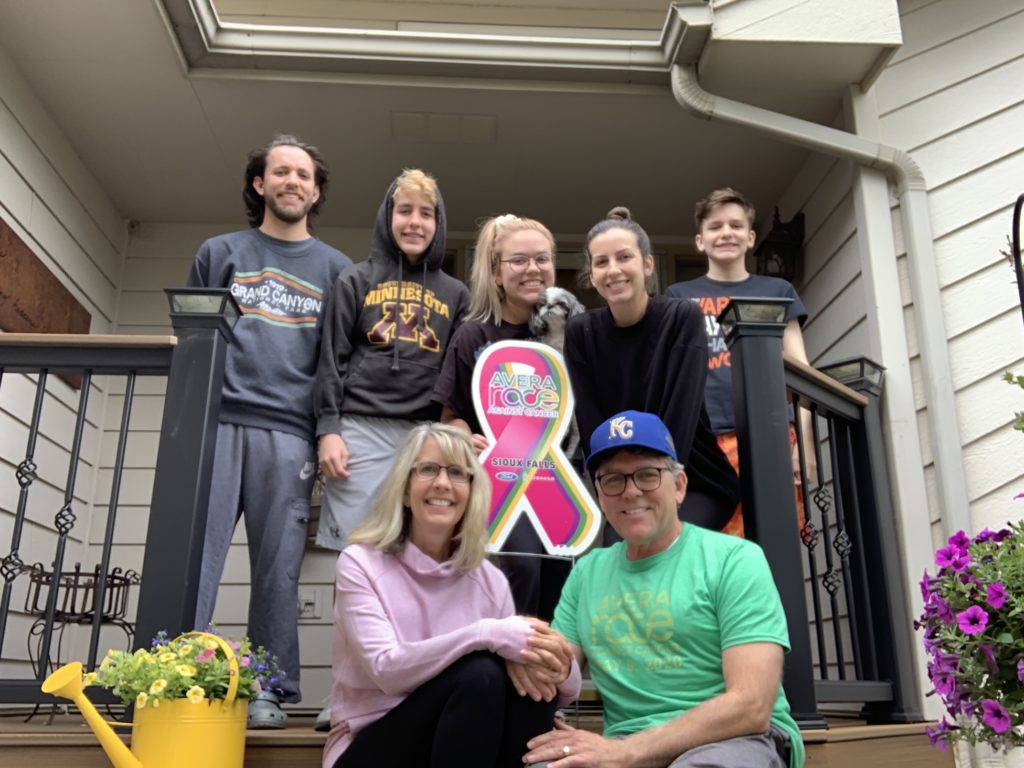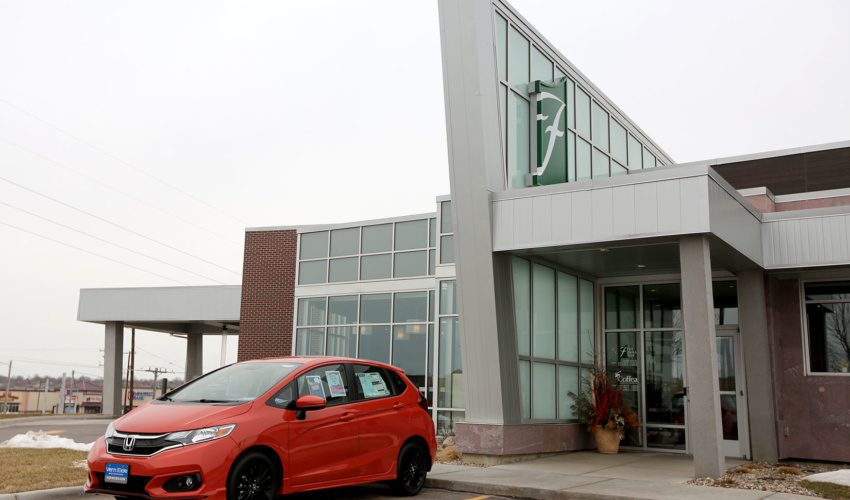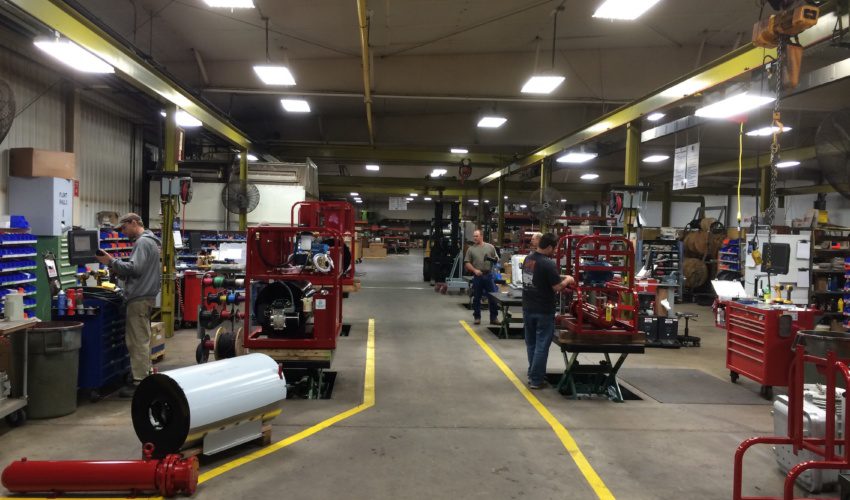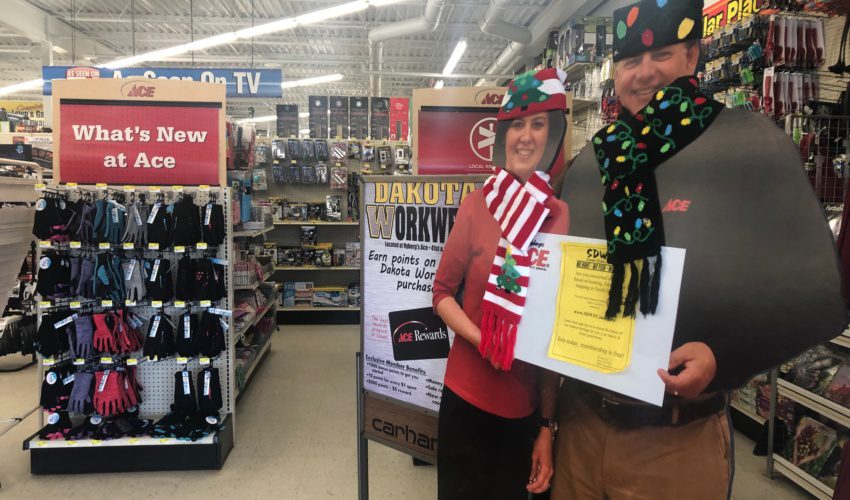Meteorologist Phil Schreck: Early detection stopped prostate cancer
Aug. 6, 2020
This paid piece is sponsored by Avera.
Men, try to avoid being shy about your health – it could save your life.
That’s Phil Schreck’s message to all men 50 or older. The Sioux Falls meteorologist shares it because he faced prostate cancer, found it in time and had it treated.
“Early detection saved my life, and I would tell every man to not be shy or embarrassed about this part of your anatomy,” Schreck said. “Get your annual physicals every year, and if your provider recommends it, see a specialist. I’m glad I did – prostate cancer is curable. I’m cured. But that’s because we caught it early.”
Most likely, most men
The prostate gland is located beneath the bladder and plays an important role in a man’s reproductive system.
“It’s the second-most-common cancer in men, and the risk of contracting it rises as you age, especially past age 50,” said urologist Dr. Eugene Park, who treated Schreck. “There are types of prostate cancer, and treatment can vary from monitoring to radiation or surgery.”
When he turned 50, Schreck said his physician started to include prostate exams in his yearly physical. In March 2019, something was abnormal.
“I’d had no issues for several years, but he noticed something was different, and so I had my PSA measured,” said Schreck, referring to a blood test that can help identify prostate cancer. “It was higher than normal. That’s when he suggested I see a specialist.”
Family awareness
Recent events in his family shaped his perspective as he had a biopsy and discussed the results with the doctor.
“My wife, Kristie, is a breast cancer survivor, which she faced in 2007. Her father died of cancer, and she has a brother who is facing his own cancer journey, so she was concerned,” Schreck said.
“The biopsy showed it was a slow-growing cancer. We had molecular tests, and they confirmed it – it was controllable. Dr. Park said I had all options available.”
Take action
Schreck and his wife talked about the decision they faced. They met with Park, Googled a lot of things and decided surgery was the best choice.
“Our other options were monitoring or radiation treatment,” Schreck said. “I knew there would be effects to my life, but I didn’t want to be the guy in that small percentage who died because they weren’t proactive. We said let’s get rid of it.”
Robotic-assisted surgery took place in January. “I went in on Jan. 9, and I had cancer. Two-and-a-half hours later, I was cured,” he said. “Dr. Park did a great job of explaining things, and he did a great job with the procedure.”
The surgery removed the prostate gland, but considering the anatomical environment where the gland is located, Park’s accuracy had to be laser-sharp.
“The cancer can spread, and we learned during the surgery that we did the right thing because some of the testing showed that it was slow-growing. During surgery, we realized it posed more of a threat,” Park said. “We were able to avoid cutting the nerves, and we got all of the cancer out. It can be a challenging procedure on those levels.”
Cancer-free life
Six months after the surgery, Schreck is doing well. Park continues to monitor his patient’s PSA levels, but so far, so good for Schreck, who said he hopes his example helps other men.
“I’d hate to think about someone dying because they were too embarrassed to talk about this or to have the exams and tests that can stop prostate cancer,” he said. “Those steps saved my life – catch that cancer on time and you can cure it.”










